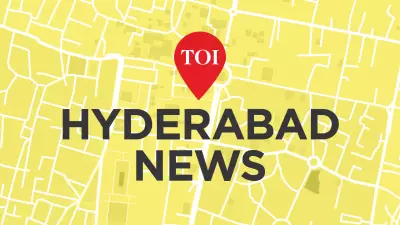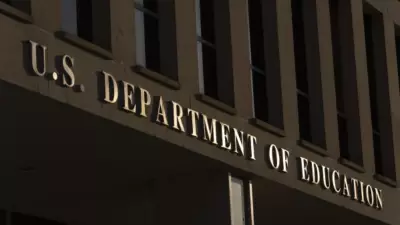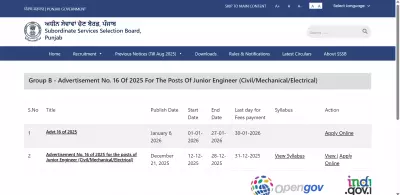
In a developing controversy that has rocked Karnataka's education sector, former Legislative Council Chairman Basavaraj Horatti finds himself at the center of a storm over his contradictory stands on minimum pass marks for school examinations.
Conflicting Positions Spark Outrage
Education stakeholders across Karnataka have expressed strong disapproval after Horatti, who previously chaired a high-level committee on education reforms, took dramatically different positions on the crucial issue of minimum pass marks within a short timeframe.
The controversy erupted when Horatti, during his tenure as committee chairman, advocated for stringent pass mark requirements. However, in a surprising turnaround, he later supported more lenient standards, leaving educators, parents, and students confused about the state's educational direction.
Stakeholders Voice Strong Concerns
Several prominent education experts and institutional representatives have openly criticized what they describe as "inconsistent and confusing" positions from a key educational policymaker.
- Academic credibility at risk: Experts warn that frequent changes in stance undermine the stability of the education system
- Confusion among students: The conflicting signals create uncertainty for students preparing for examinations
- Policy implementation challenges: Educational institutions face difficulties in planning curriculum and evaluation methods
Broader Implications for Karnataka Education
The ongoing controversy highlights deeper issues within Karnataka's education policymaking framework. The lack of consistency in such fundamental matters as pass marks raises questions about the long-term vision for educational excellence in the state.
Education professionals emphasize that stable, well-considered policies are essential for maintaining academic standards and ensuring fair evaluation processes for all students. The current situation has prompted calls for more transparent and consistent decision-making in educational reforms.
As the debate continues, all eyes remain on how state education authorities will address these concerns and provide clarity on this critical aspect of student assessment.





